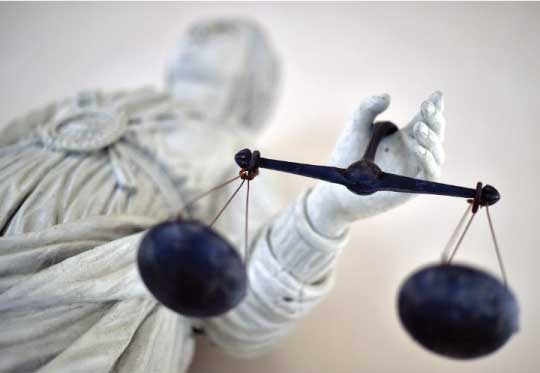
CEOs were asked: There is increasing talk of a recession hitting in the next 18 months or so. What signs of weaknesses, if any, have you seen in your company’s business recently?
===
We are a food company and everyone needs to eat. We started our business in 2009, in the recession, and it does not hurt our business. People eat at home more often and our seasonings and salts are just the thing.
Jennifer Cramer, CEO, co-founder, The Spice Lab
===
If I could predict the next recession, I assure you I would have a very different career. As a company that provides a broad range of services across the globe, we’re better insulated against the impacts of an economic downturn than most. As such, we’re able to hire people for their talent, not simply to support a specific project, and their ability to support the architecture, design, and/or engineering on a variety of building types.
Adriana Jaegerman, senior principal, managing leader, Stantec
===
We have not seen any direct impact on our business because a U.S. recession usually implies things are even worse overseas, and our clients are foreign investors. However, the continuing construction of residential condominiums in a saturated market is eerily reminiscent of what happened just a few years ago and I am concerned.
José E. Latour, founding partner, LatourLaw
===
I am not seeing signs of a recession. There’s been 15 quarters of consecutive growth and the U.S. economy defies conventional wisdom. Despite the tariffs, a failed immigration policy, Europe’s economy slowing down and other geo-political factors, the U.S. economy continues to grow. Most of our minority businesses and corporate members are experiencing growth and their biggest challenge is finding talent.
Beatrice Louissaint, president, CEO, Florida State Minority Supplier Development Council
===
Fortunately, we have had our best year to date and therefore, have not seen signs of weakness as of yet. However, we are aware that if a recession does hit, it can certainly impact our business. We are prepared.
Melissa Medina, president, eMerge
===
We see no weakness. We’ll welcome 25 percent more graduate students on our MBA and MS programs this August than last. Demand for our executive education and leadership development programs from companies like Bacardi has never been stronger.
John Quelch, vice provost, University of Miami Dean, Miami Business School and Leonard M. Miller University Professor
===
We hear many of our small business clients voicing some concern about a potential recession. However, they also realize that their actions can contribute to a self-fulfilling scenario. We have noticed clients are more price-sensitive and are taking a more conservative approach to long-term commitments, such as looking for flexible terms or the ability to expand and contract without penalties.
Kelly Ramsden, managing partner, Office Edge and Legal Edge
===
The Museum has not experienced any signs of a weakening economy. We consider ourselves to be an accessible museum for patrons of all means. Admission is affordable and we offer many free public programs. There are three areas where any museum may feel the impact of the recession: Visitation, fundraising and sales generated through venue rentals and gift shops. The good news is that arts institutions are accustomed to facing economic challenges. We believe in a pro-active approach, budgeting accordingly, and working to strengthen community relations and strategic partnerships so that if there is indeed an economic downturn, the institution can count on a steady stream of support. Additionally, there is anecdotal evidence that points to an increase in cultural participation during recessions. The arts are often seen as an escape from the stress and problems of day-to-day life.
Chana Sheldon, executive director, MOCA
===
THE MIAMI HERALD



